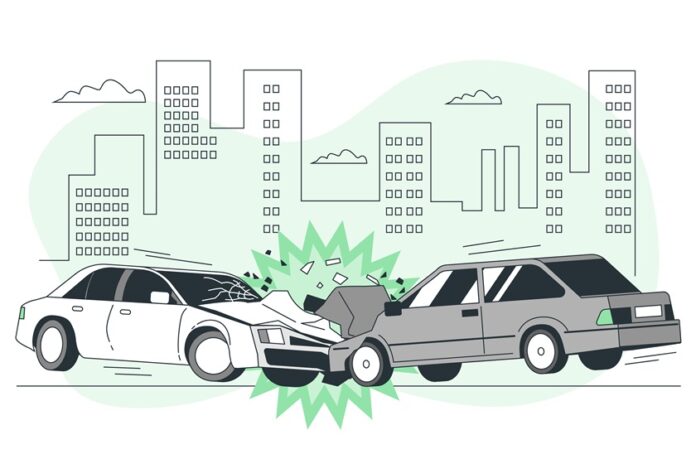Every year, many car accidents cause significant damage and injuries. While some are fender benders, others can be much more serious.
A law firm can help you recover compensation for your losses and injuries. Medical bills, prescription costs, and lost wages are some of these. Other damages, like pain and suffering, are harder to quantify.
The Statute of Limitations
An official law establishing a deadline for filing a lawsuit is a statute of limitations. The deadline will be determined by the nature or offense of the claim and the legal system in which it is filed. As a layman, you might not be aware of these intricacies. So, after a car crash, it is crucial to choose a car accident attorney who fully understands your legal options.
Following an accident investigation by your lawyer, they will start gathering and evaluating records, including police reports, witness testimonies, medical records, and other pertinent evidence. Your attorney might also speak with witnesses or specialists to bolster your case. Deposition testimony or written interrogatories may be used in the discovery process.
A car crash law firm will attempt to settle the case with the at-fault driver out of court. Your attorney will set up a trial if the defendant doesn’t agree to a settlement. Your lawyer will conduct
Damages
Damages are often awarded to victims in car accident cases. This is monetary compensation they can receive after a settlement. There are two types of damages: economic damages and other damages. Examples of monetary damages include medical costs, property damage, and missed wages. Measuring and demonstrating non-economic damages, such as pain and discomfort, is more difficult.
A good attorney for car accidents can use aggressive tactics and strong evidence to negotiate a larger settlement. An insurance company will almost always make a lowball settlement offer initially, but a good attorney can fight back with powerful arguments.
The discovery process can be lengthy, and attorneys may request interrogatories, which are written questions sent to the other party that must be answered under oath on a strict deadline. Depositions can also be taken, which are oral questions asked by an attorney to parties involved in the case, such as witnesses, investigators and medical personnel.
Insurance Coverage
Car crash lawsuits often involve car insurance coverage. In some states, such as no-fault states, drivers have access to personal injury protection that covers medical bills and other losses without regard to who caused the accident. When this coverage is exhausted, legal teams can pursue additional compensation.
The first step involves determining the cost of damages. This can be done through several methods, including analyzing eyewitness testimony, police reports and medical records. Once the cost of damages is determined, legal teams can begin negotiations with the at-fault driver’s insurance company.
Sometimes, the insurance company may be unwilling to offer a settlement that adequately addresses an accident victim’s losses. If this is the case, it can be necessary to sue the at-fault driver personally. However, this can be risky, as uninsured or underinsured drivers often need more assets to draw upon in a court case. This is a reason why car accident lawsuits typically settle out of court.
Expert Witnesses
You may have heard of expert witnesses in high-profile court cases, like a medical specialist in a malpractice lawsuit or DNA experts in a murder case. Car accident victims can also utilize expert witnesses to prove the extent of their injuries and losses associated with their crashes.
These experts did not witness your crash but have specialized training, knowledge or education about the details of your accident to offer insights that you and your lawyer would not have. They can help you secure a larger award when pursuing damages for future foreseeable medical expenses or lost wages.
These experts are typically hired during the discovery process when you and the defendant exchange information about evidence. This includes asking questions and getting answers from eyewitnesses, called deposition testimony. This is an important part of the case because memories fade, and witnesses could die or move away before your trial date.



